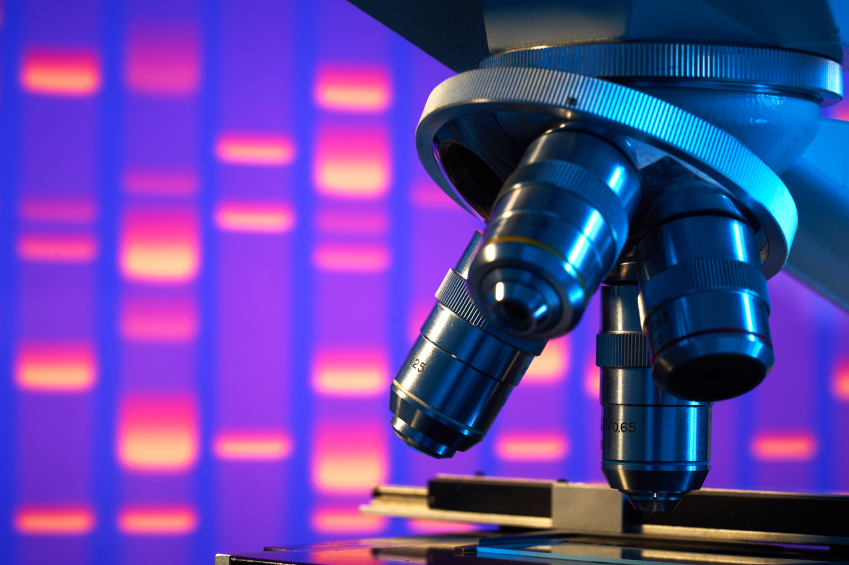Japan, which is now a recognised IPS pioneer, has invested in buildings and state-of-the-art equipment to generate resources to consolidate its position. Recently, it also reviewed its marketing authorisation process for medicinal products and created an accelerated regenerative medicine procedure.
The scheme adopted “is the fastest way to meet patients’ requirements”, explained specialist companies. Without this, new treatments would be “included” in very expensive, never-ending clinical trials. However, the aim is not yet clear -will this accelerated process benefit patients or will it relieve the health system?
One of the treatments concerned, namely Heartsheet, seeks to restore cardiac muscle using iPS. The Japanese Health Minister has given his “conditional consent” for clinical use on completion of the phase 2 trial which has established the safety and efficacy of Heartsheet in seven patients. The Company, Terumo, can therefore launch and sell its treatment provided that, in 5 years’ time, the data relating to the 60 treated patients and 120 controls are available, thereby proving the efficacy of the preparation, and replacing the phase 3 clinical trial.
However, the patients must be prepared to pay: Heartsheet costs approximately $122,000. Medical insurance will reimburse part of the cost but the patient still has to find between 10 and 30%. Thus patients are “subsidising” the clinical trial.
With this latest approach, Japan is certain of staying in pole position in the regenerative medicine market – the driving force behind its economic growth. Foreign biotechnology companies are eagerly watching and wondering what will happen if the treatment proves to be ineffective…
Nature (10/12/2015)

